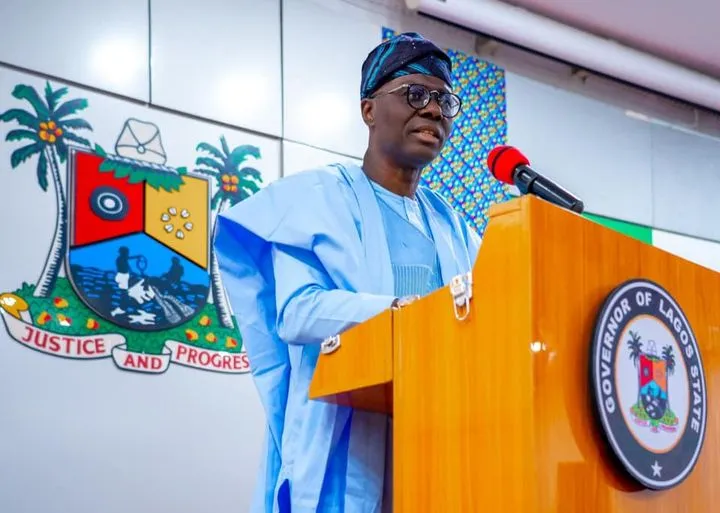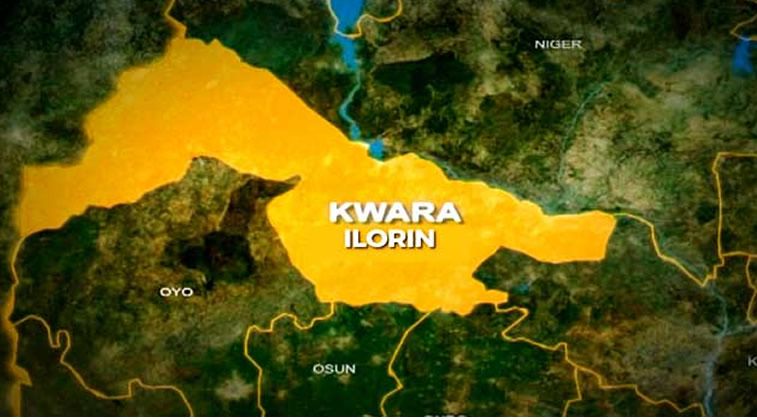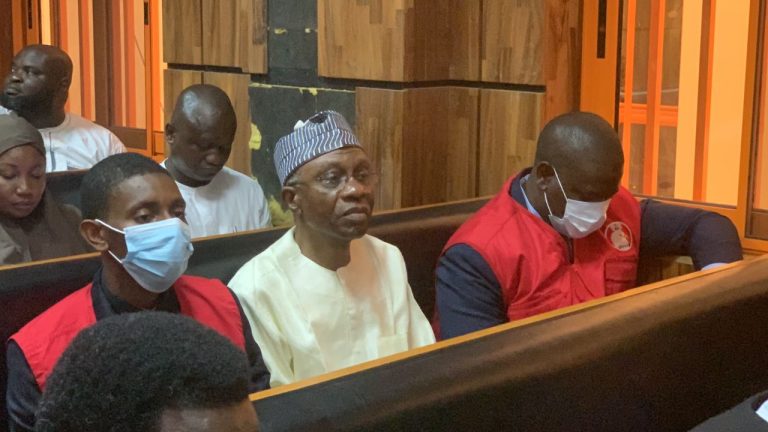
The Lagos State Government Thursday announced plan to align the state, federal and international climate policies with investor priorities to fast track green finance and fund coastal resilience and ocean innovation projects.
In a communique from the recently held 11th Lagos International Climate Change Summit, it was resolved that bankable projects in renewable energy, aquaculture and marine innovation would be developed.
The participants also agreed to use blended finance, fiscal incentives and transparent systems to attract private and international investments.
It was resolved that data should be deployed alongside AI, and digital tools for efficient resource management while supporting research, start-ups and partnerships to scale climate smart and ocean innovation solutions.
Participants also agreed to enforce environmental laws and expand mangrove, wetland, and marine habitat protection and integrate nature-based solutions and community initiatives into development planning.
The communique also resolved to promote electric vehicles and clean transport hubs linking land, water and rail and ensure expansion of EV infrastructure, support local manufacturing and create green jobs.
Other resolutions include: adopting climate smart agriculture, strengthening cooperatives and building cold-chain systems to enhance food security and reduce and waste.
They also recommended expanding drainage, water and flood control infrastructure as well as Integrating resilience into housing and urban plans using smart water technologies and PPPs.
“Establish a climate project office and investment fund to mobilize capital, strengthen investment opportunities institutions, and turn innovations into bankable climate projects”.
The summit also resolved to promote habitat restoration, digital biodiversity monitoring and ecotourism to protect ecosystems and create jobs.
“Scale grassroots programmes like coastal champions to build public participation, inclusion and a strong culture of sustainability”.
The 11th Summit also affirmed Lagos State commitment to taking the lead in climate action, resilience building and the advancement of the blue economy.
Amongst the key outcomes was a collective resolve to integrate policy, finance, technology and community driven solutions to safeguard ecosystems, reduce emissions and promote sustainable livelihoods.
Stakeholders also called for immediate implementation of the recommendations across sectors, strengthened public private community partnership, and sustained public service investment in green infrastructure and ocean innovation.
They all agreed that by operationalising these initiatives, Lagos can serve as a model for coastal resilience, sustainable urban growth and climate -smart economic development in Africa.



